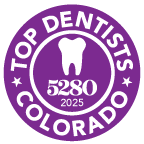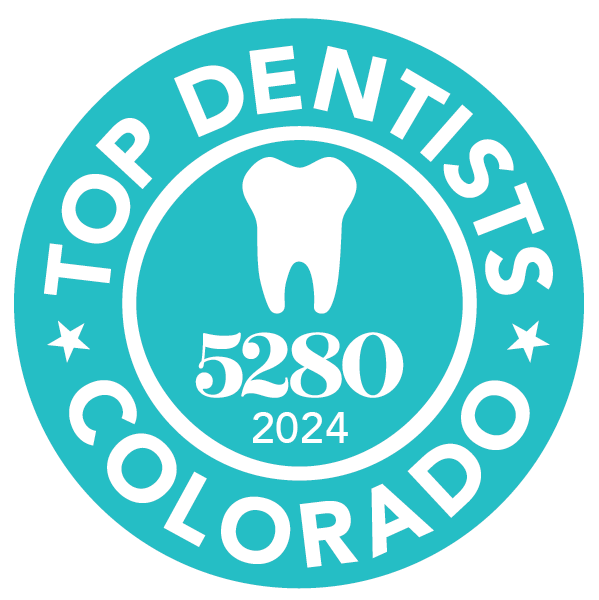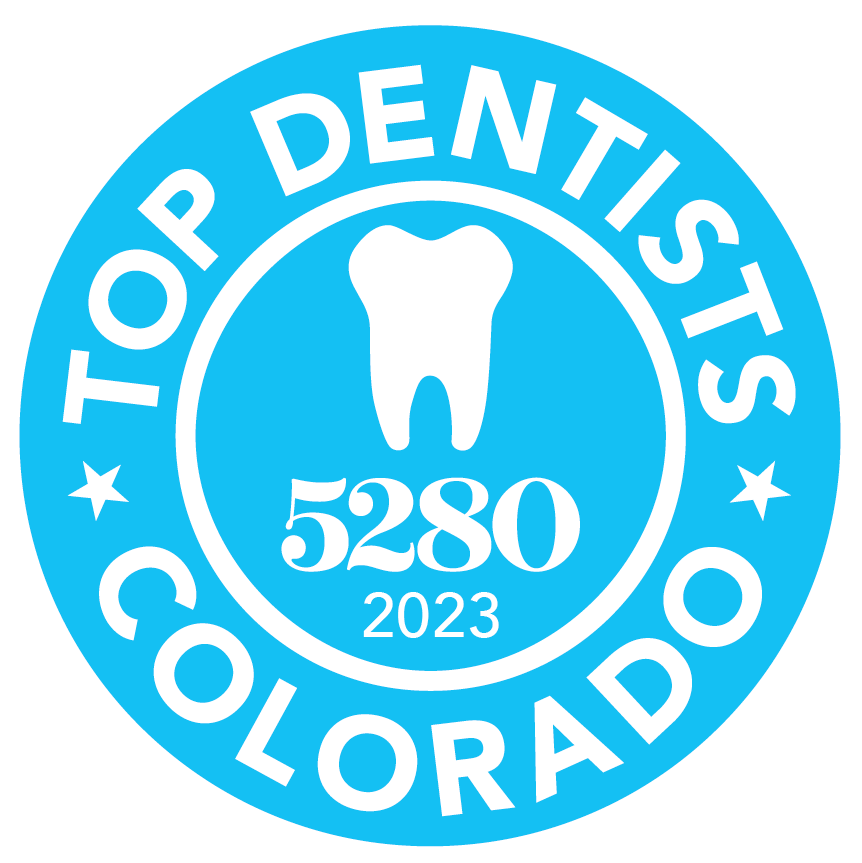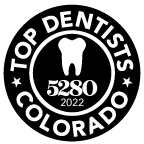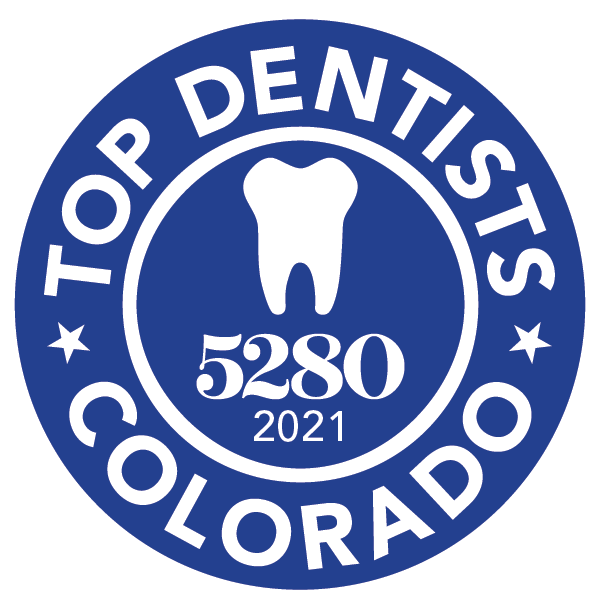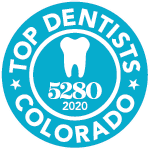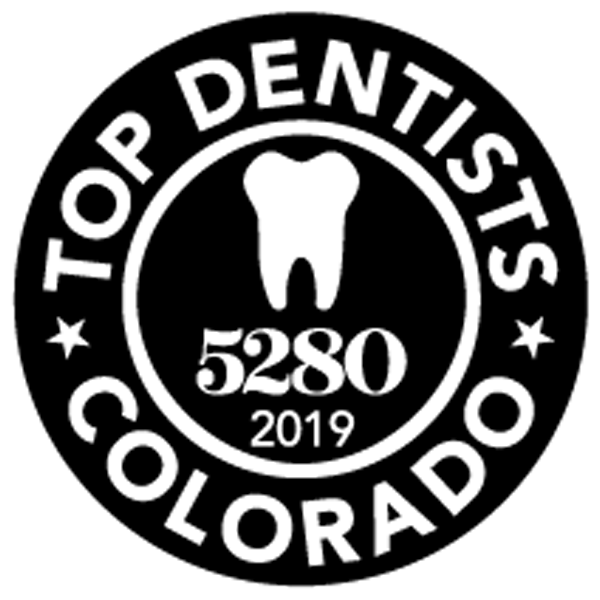Oral pathology is the study of diagnosing and understanding diseases of the mouth. If you have a suspicious lesion or lesions in your mouth, the best way to gather information for diagnosis and treatment is by retrieving a biopsy from the affected area of the mouth. Once a biopsy has been gathered, a definitive answer can be found and a diagnosis and treatment can be rendered.
What Is A Biopsy?
A biopsy is a surgical procedure during which a piece of the affected tissue will be removed. This is commonly a part of the lining of the mouth, called mucosa, or any other tissue that has shown abnormalities after the examination. Oftentimes, a biopsy can be done right in our office with the administration of a local anesthetic. Once the biopsy has been performed, the tissue sample will be sent to a laboratory to be examined by an oral pathologist.
Once your tissue sample arrives at the lab, the pathologist will process the specimen and examine it closely under a microscope. Once this has been done (usually between a week to ten days after the biopsy), the pathologist will call, fax, or email the results of your test to Dr. Jenkins.
This report from the oral pathologist will allow Dr. Jenkins to establish an exact diagnosis and form a treatment plan specifically for you and your diagnosis. He will keep you informed of the results and you will be part of the decision-making process throughout all of the diagnosis and treatment phases.
WHAT YOU CAN DO?
Any changes in your mouth should be reported to your dentist or periodontist. Some of these changes can be indicative of oral cancer, and the earlier we can detect the problem, the better the outcome may be. If you have any other questions regarding oral pathology or a biopsy, please give us a call at Littleton Implants & Periodontics.
ORAL CANCER RISK FACTORS
Below are some of the common risk factors for developing oral cancer:
- Age – Two-thirds of individuals who develop oral cancer are over the age of 55, while the average age for an oral cancer diagnosis is around age 63.
- Gender – Oral cancer is twice as likely to occur in males than in females.
- Tobacco – Tobacco carries a risk for many different types of cancer, including oral cancer. In fact, around 80% of those with oral cancer use tobacco in some form.
- Alcohol – Alcohol is another common issue among oral cancer sufferers. 70% of people who are diagnosed with some form of oral cancer are heavy drinkers.
- UV Light – Cancer of the lip tissues are much more common in those who tend to spend a lot of time outdoors in the sunlight.
Other Type of Lesions of the Gum Tissues:
- Lichen planus
- Benign mucous membrane pemphigoid
- Pemphigus
- Lichenoid reactions
- Leukoplakia
- Candidiasis
- Lupus erythematous
- Erythema multiforme
- Recurrent aphthous ulcers
- Mucoceles
- Fibromas
